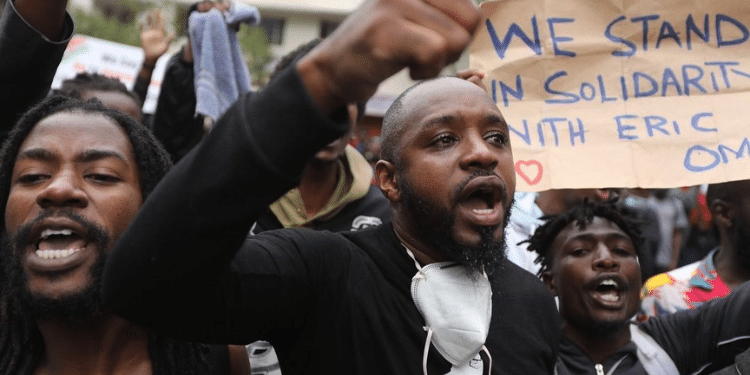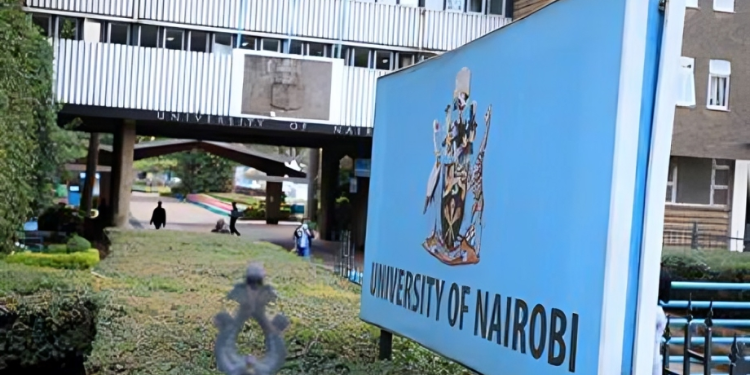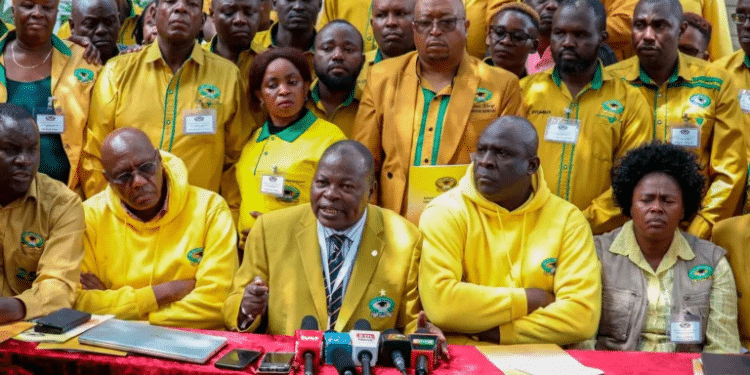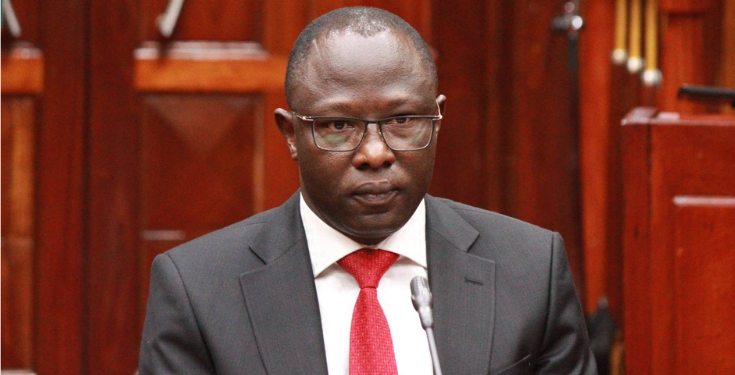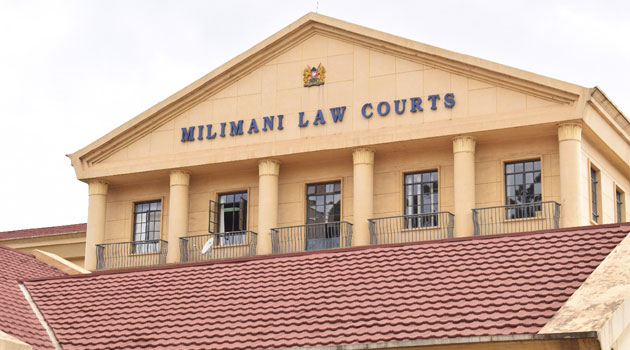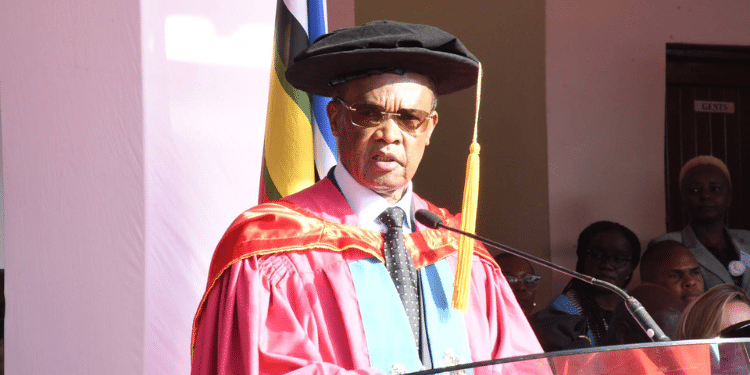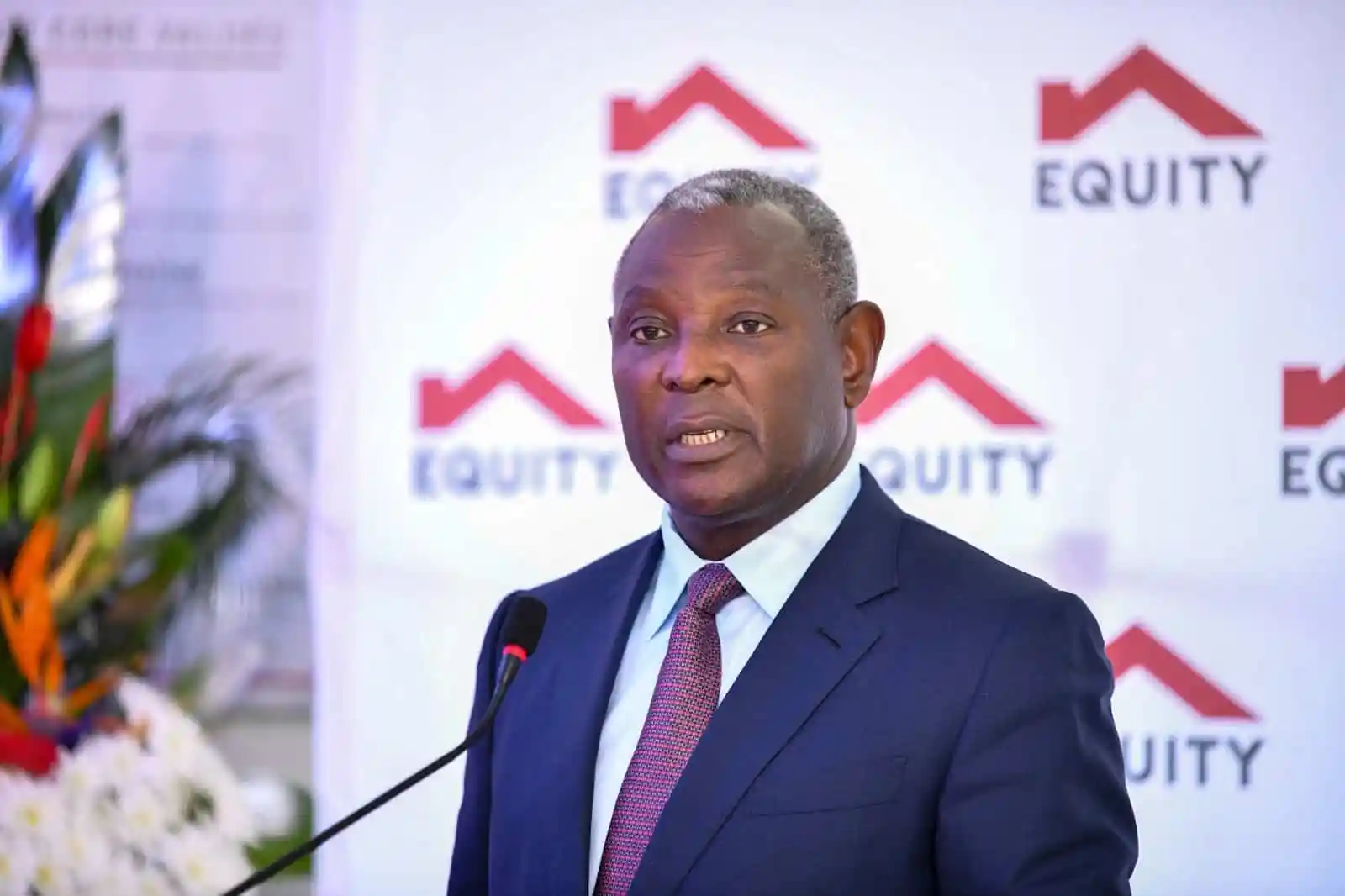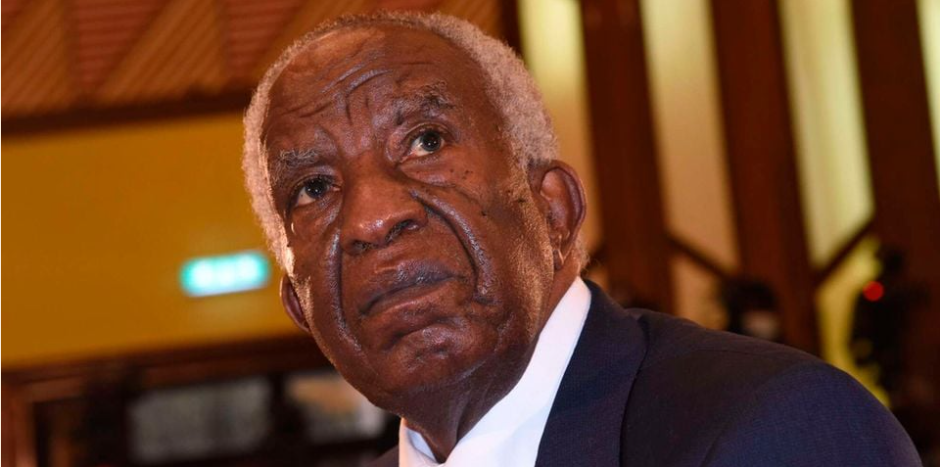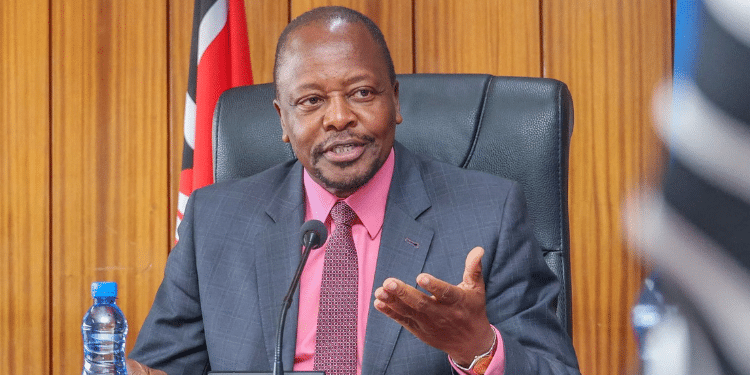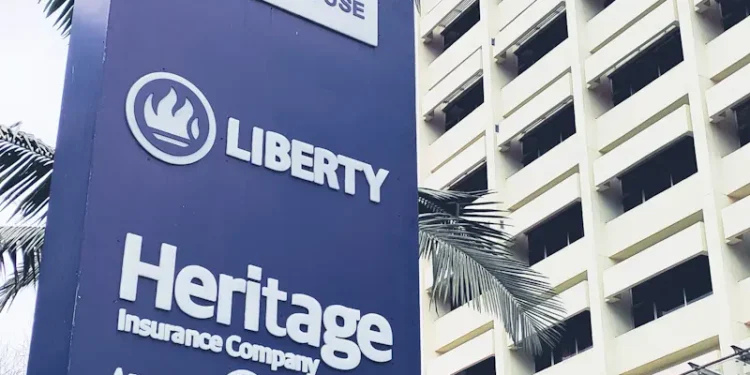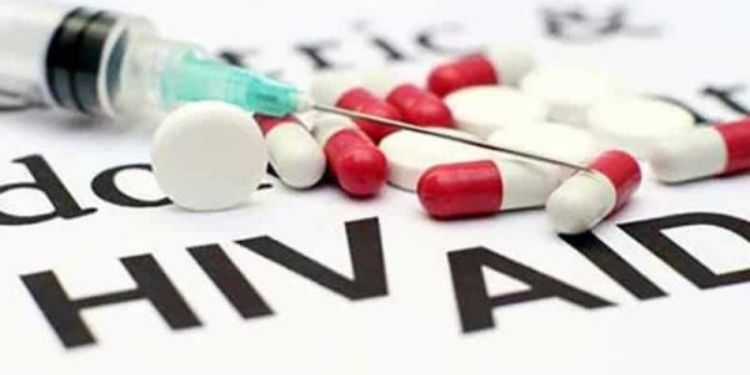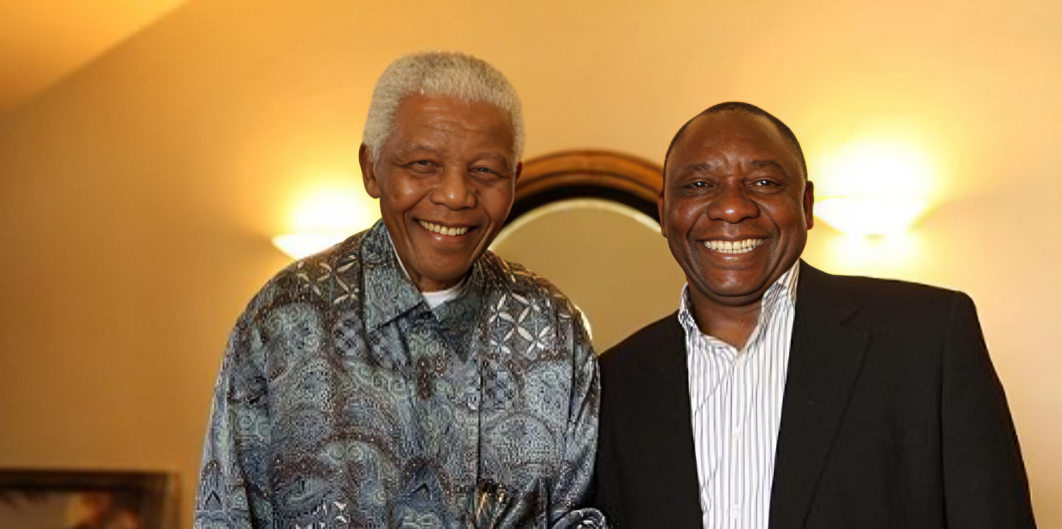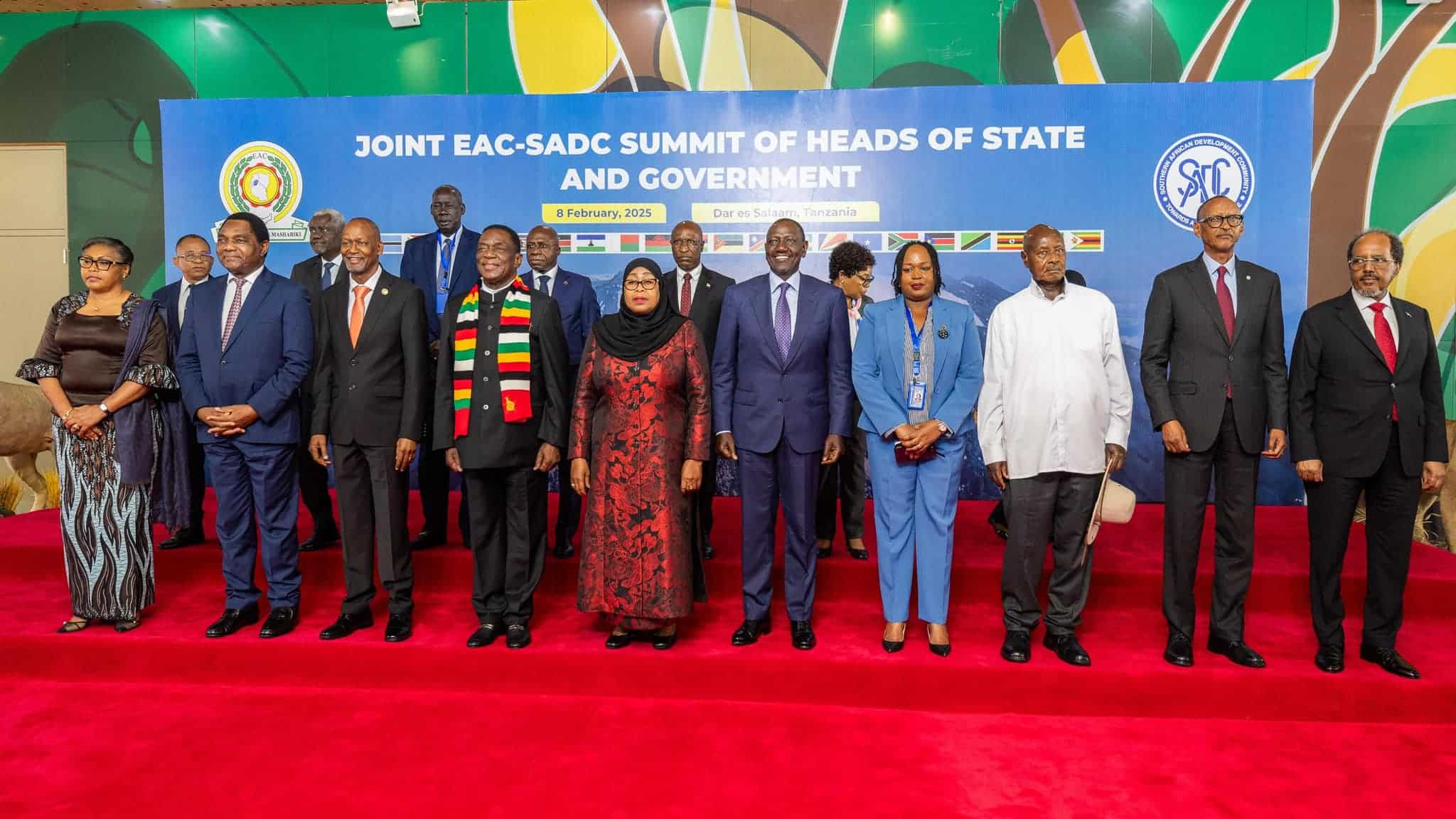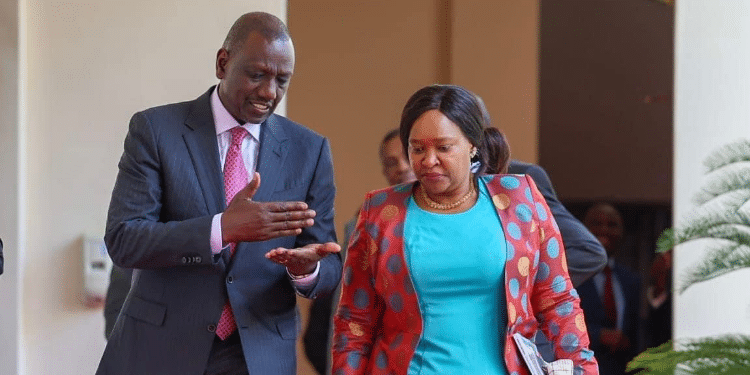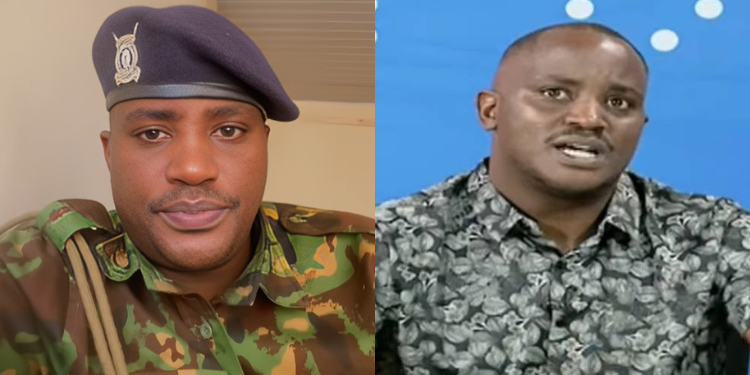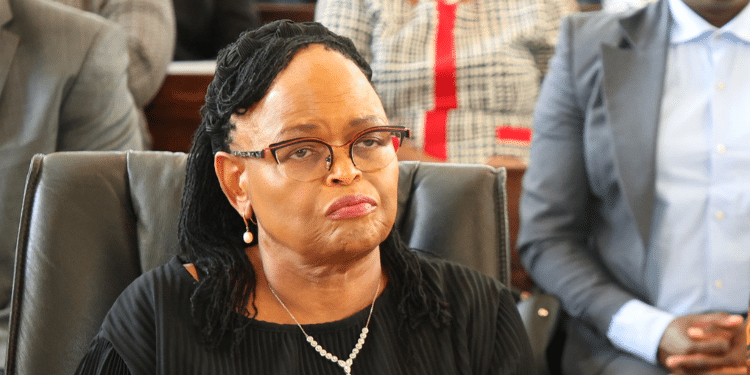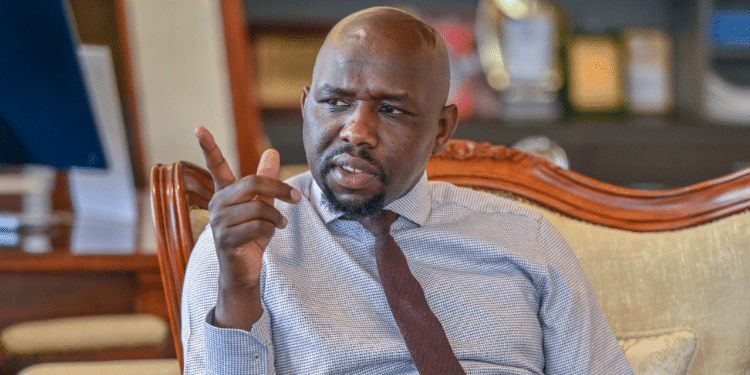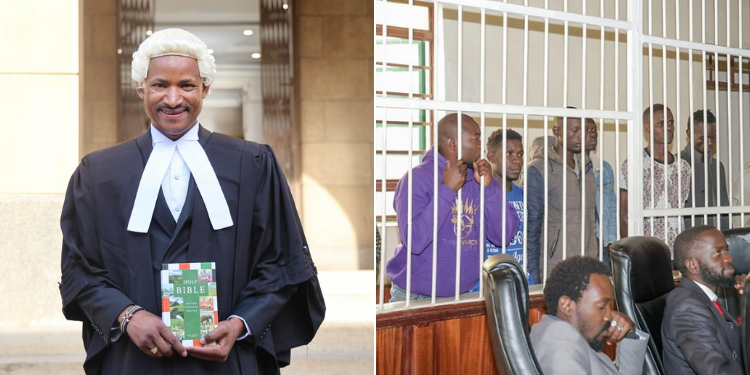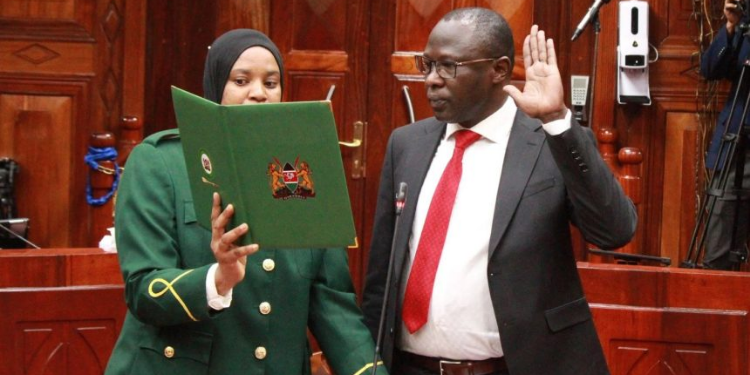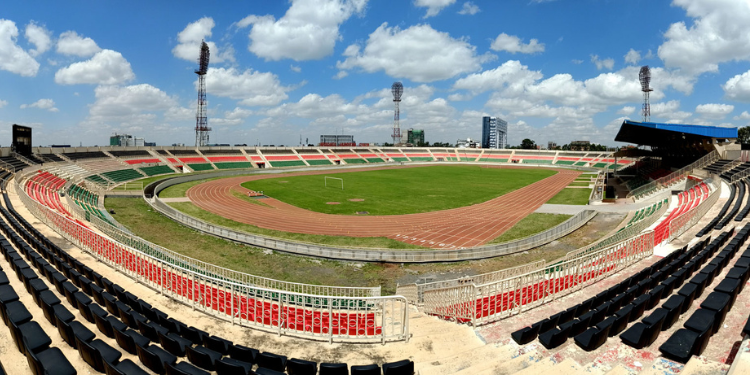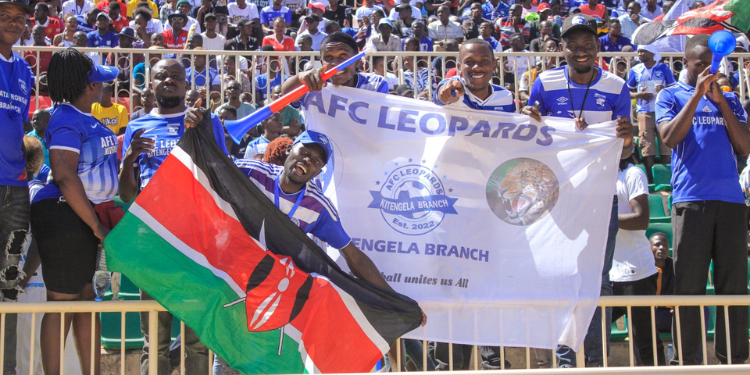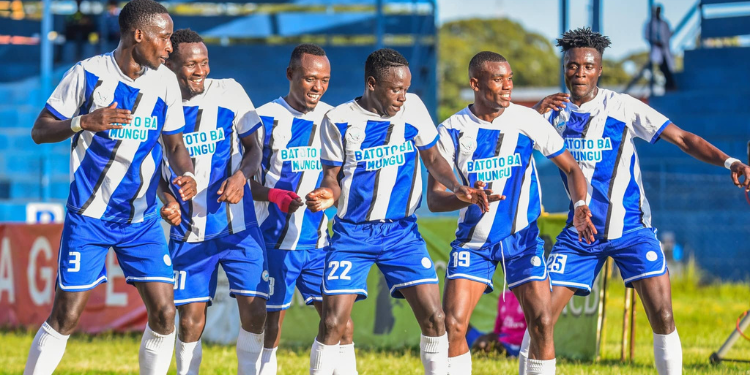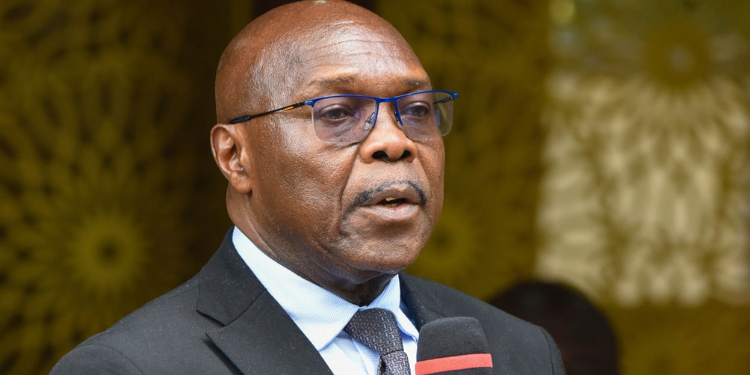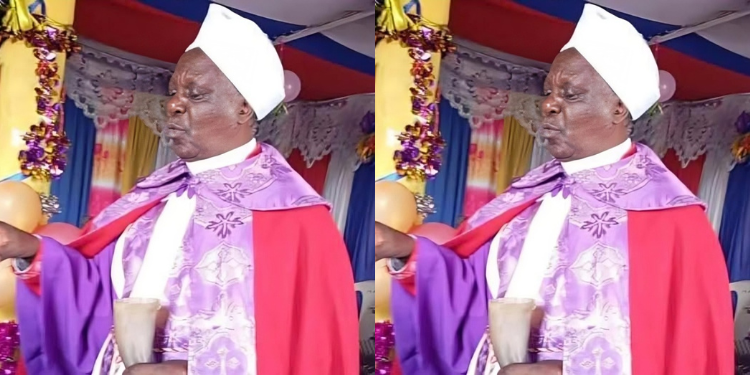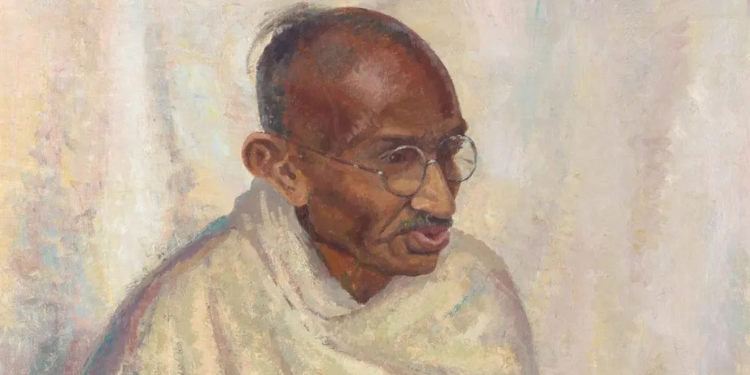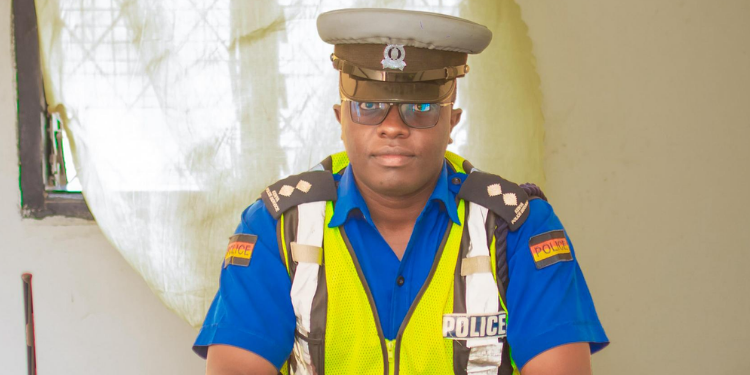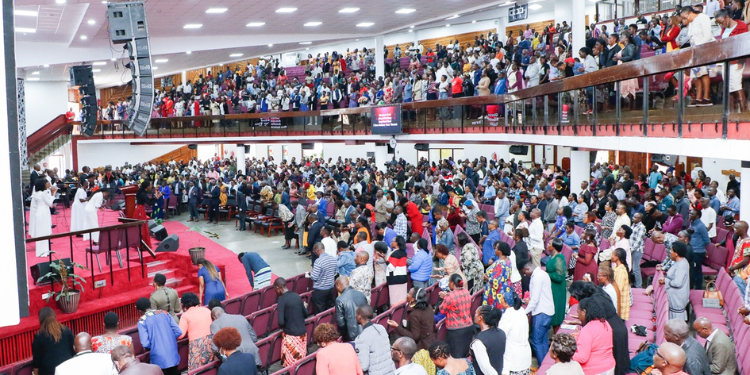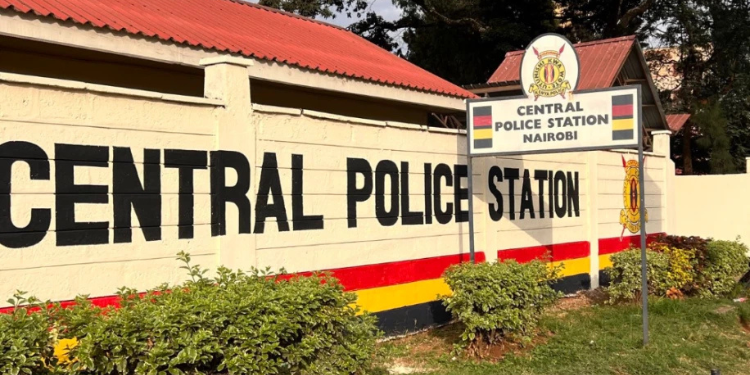James Mukhwana is a junior officer, only 31 years old. Yet, his budding police career now faces the risk of collapse.
The National Police Service Act is unambiguous when it comes to matters of accountability: it places personal responsibility on officers who execute unlawful orders, regardless of rank or command.
A police constable attached to the central police station in Nairobi, Mukhwana’s statement to the Independent Policing Oversight Authority (IPOA), dated 13th June 2025, exposed the chilling inner workings of a command structure that, while hierarchical, ultimately left him as a scapegoat in the death of Albert Ojwang, a teacher and blogger who died in police custody under mysterious circumstances after being arrested for allegedly publishing a defaming article against DIG Eliud Lagat.
James Mukhwana Tells His Side of the Story
In his sworn account, Mukhwana, who was in charge of the cell sentry earlier on the day Blogger Albert Ojwang died in police custody, describes how he was summoned by the OCS at Central Police Station on 7th June 2025, instructed to ensure “discipline” was administered to Ojwang.
The directive allegedly originated from the Deputy Inspector General (DIG) Eliud Lagat, channelled through the OCS Chief Inspector Talaam and enforced by his deputy, Inspector of police Samuel Ng’ang’a.
But this is where the National Police Service Act (NPS Act, 2011) comes in with clarity and force.
Also Read: Constable Mukhwana Exposes DIG Lagat’s Role in Albert Ojwang’s Death
The provisions impose personal liability on officers who carry out illegal instructions, regardless of where the order came from. In other words, the excuse of “I was just following orders” holds no water under Kenyan law.
Section 51(2) of the NPS Act expressly states, “A police officer shall not obey a directive or order that is contrary to the Constitution or any written law.”
From the statement, it is evident Mukhwana was under extreme pressure. He was not only ordered to act by his direct seniors but also knew that the instruction allegedly had backing from higher offices, including the Deputy Inspector General-KPS Eliud Lagat.
Unlawful Commands Issued by Superiors
The NPS Act offers no immunity to junior officers simply because a directive came from above. The law envisages a police officer as a very conscious, independent enforcer of the Constitution and not a blind tool of repression.
Section 51(3) of the NPS Act provides that, “Any police officer who obeys unlawful orders shall be held personally liable for any action taken in contravention of the law.”
This case is not just about Mukhwana. It shines a light on a culture of unlawful commands, cover-ups, and junior officers being sacrificed at the end to protect those in power. It exposes a rot in Kenya’s police service culture of taking accountability.
Also Read: Albert Ojwang: Technician Reveals He Was Paid Ksh3,000 to Delete CCTV Footage
While pressure from superiors is a reality within the hierarchy of the National police service, the law expects every officer including juniors in the rank of constables like Mukhwana to exercise independent judgment and uphold the Constitution.
Failing to do so makes one legally and personally accountable for their actions, even when acting on superior instructions.
Section 51(4) of the NPS act states clearly; A police officer who has received unlawful orders shall inform the person giving such orders that they are unlawful and, if they are then repeated, shall refuse to obey them with no consequences.
Follow our WhatsApp Channel and X Account for real-time news updates.


